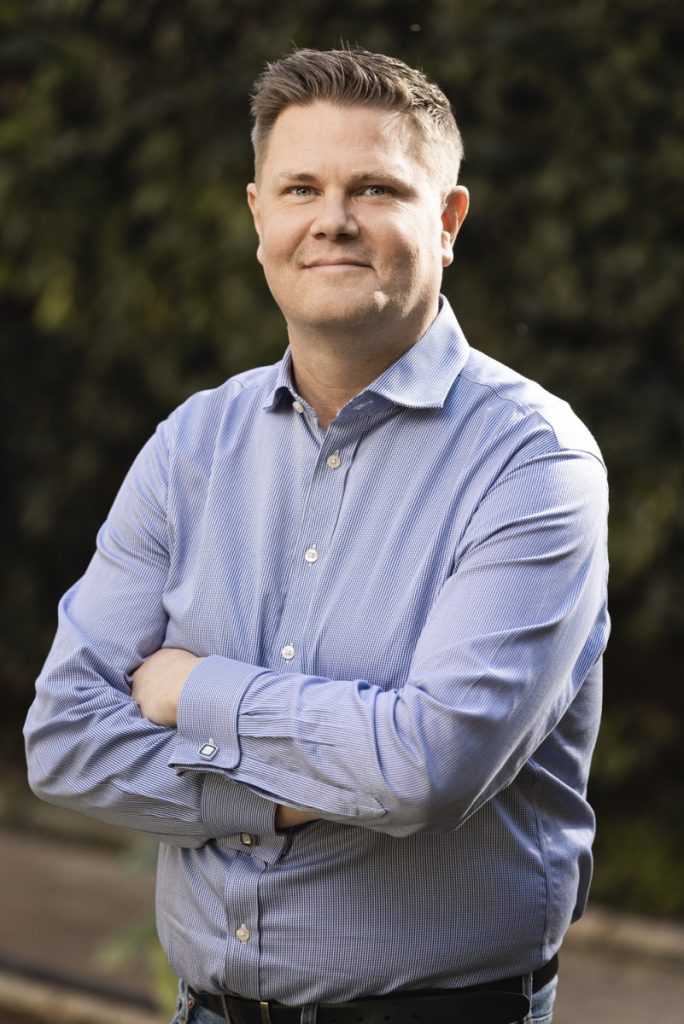
With Swintt – and in particular the studio’s classically-themed range of premium games – going great guns in Germany, we caught up with the company’s Head of Business Development, Lars Kollind, to discuss its plans for the market, how regulations could be improved and what’s next on the agenda.
CasinoBeats: Having seemingly already established a firm foothold in the country, how would you assess Swintt’s current standing in the German marketplace?
Lars Kollind: Germany is definitely one of the most significant markets for Swintt and as a studio we’ve put in a lot of work behind the scenes to ensure that we have a strong position in the country. Of course, with German players having an undeniable fondness for classically-themed slots, having a partnership with a major land-based supplier has definitely helped us gain traction there.
Throughout the COVID-19 pandemic and its immediate aftermath, we successfully transitioned a lot of new players to online casinos because we were able to offer a number of exclusive titles which were already well-known from many bricks-and-mortar venues across the country.
All in all, it’s been a win-win collaboration for everyone involved and has really helped Swintt to make a name for ourselves among German players and some of the biggest operators in the market such as Tipico, Interwetten and Wunderino.
CB: Looking at the main challenges currently facing the German market, what would you highlight as factors that are holding it back and how could these be overcome?
LK: I think most people working within the market would probably agree that the current regulation in Germany is one of the biggest challenges faced by both operators and providers alike.
I personally wish that lawmakers in the country would approach regulation from the mindset of the players, as right now many of the restrictions being imposed on them are reducing their enjoyment of games and driving them to play at black market sites.
Obviously this isn’t a good situation for anyone, as it reduces revenue potential for operators and puts the players themselves at greater risk.
As a company that’s really focused on distributing its games in regulated markets, we’d really like to see a more open conversation about regulation that gives operators and providers a greater say in how things are done.
CB: You highlighted the issue of unlicensed black market competition in Germany – in your opinion, what changes should be put in place to ensure that players aren’t being driven to irreputable sites?
LK: I think as with most things in our industry, communication is ultimately the key. It would be great to have an open discussion with regulators who are willing to listen to feedback from both operators and suppliers, as it’s only through this dialogue that positive changes can be made.
The current restrictions are – for sure – the main reason why players are switching to black market sites, because there the same rules don’t apply.
You don’t have to wait five seconds per spin and you can bet higher amounts than the regulators will allow at licensed sites, so for all their other failings, in many ways these black market operators can at least claim to offer a more enjoyable user-experience. I think if we all worked collaboratively, these same hurdles could be overcome at licensed sites and there’d be less of an issue.
CB: What would you say are the key trends that are evident within the German market? Are there any particular games/themes that resonate well with players and why do you think this is the case?
LK: From the data that we have available to us, I think we can very confidently say that our SwinttPremium collection of games performs very well in the German market. All of the information we have on player trends indicates that German customers are more traditional in their slot preferences.
They enjoy the familiar graphics and sounds that they’ve already experienced playing land-based slot machines and look for bonus features that are easy to trigger and not overly-complicated.
Our premium line-up caters for these needs by mainly utilising iconic fruit-based symbols and casino-style sound effects, while also adding a dash of excitement through popular features like our signature Pearl Respins. I think they’ve been a major reason for Swintt’s success within the country.
CB: What strategies do you have in place to ensure that you continue to grow your presence within the country’s online gaming space throughout the current year and beyond?
LK: They say ‘if it ain’t broke, don’t fix it’ – and I think in terms of the German market, we just need to keep on doing what we’re already doing as it’s evidently working well. For that reason, our focus in Germany will remain firmly on strengthening our catalogue of Premium games and we definitely aim to add a minimum of two titles to this line-up every month.
In many ways, it’s a continuation of the strategy that we’ve used in the Netherlands, as there are a lot of parallels between the preferences of Dutch and German players.
Beyond Germany, we recently acquired Elysium Studios – which was a big deal for us as we continue to shape our portfolio to cater to the needs of as many players as possible – and we’re also hoping to enter regulated markets like the UK, Ontario and Greece in early 2024 too.













